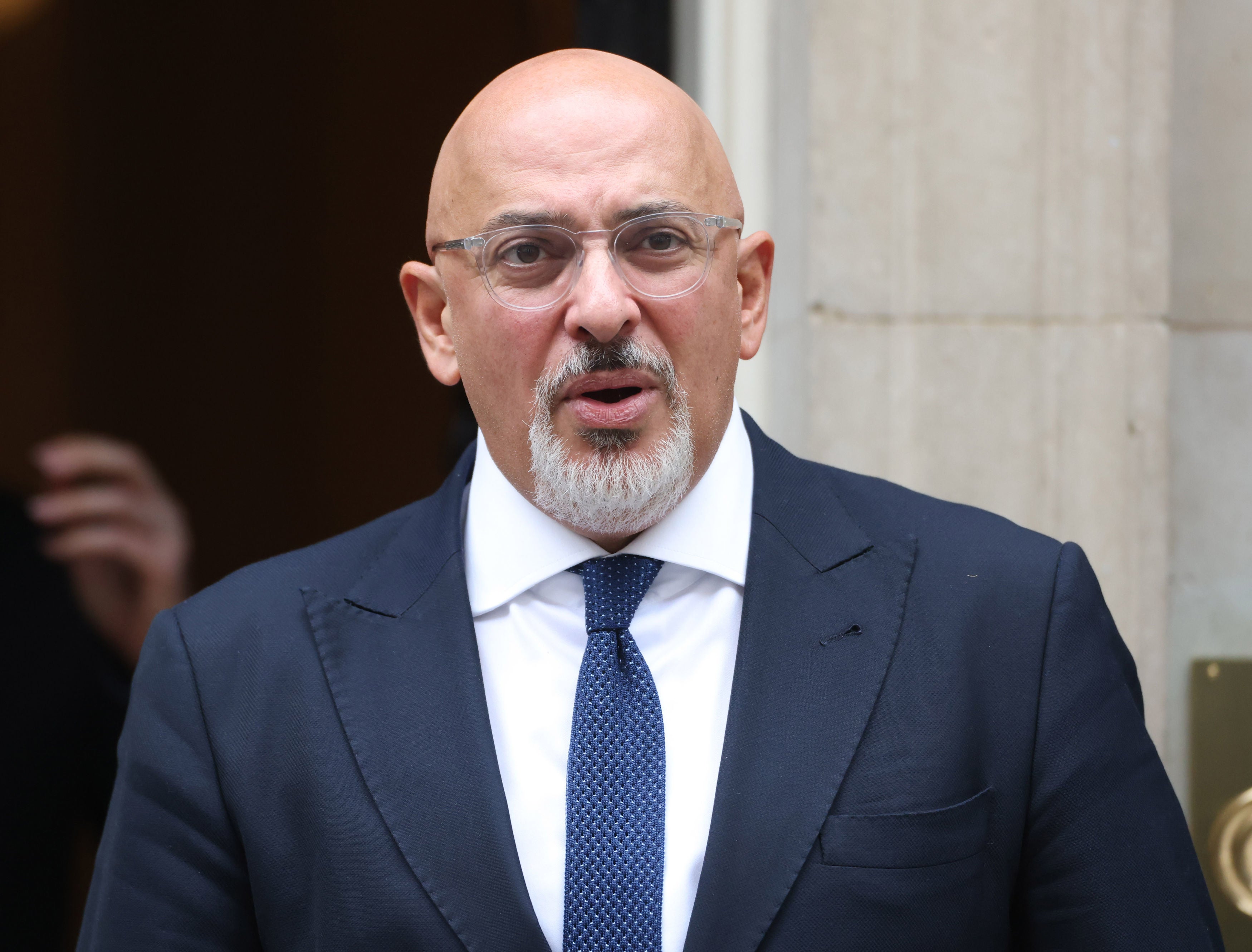The government must consider teachers in its plan for schools
Editorial: Nadhim Zahawi’s proposal for a statutory ‘school week’ is fine in principle – but he ought not to underestimate how much is done in hard-pressed schools already

The education secretary, Nadhim Zahawi, habitually wears on his lapel what appears to be a sort of large chromium-plated brooch that reads “TL”.
For those unfamiliar with his agenda, it is puzzling. Intelligent and powerful as Mr Zahawi is, TL does not stand for “Time Lord”, or “Tough Luck”, or even “Tory Leader”, but rather “T-levels”, the newish vocationally focused technical qualification (and equivalent to three A-levels) that Mr Zahawi is very keen to promote.
It is telling, and unfortunate, that few will guess that this is one of the secretary of state’s top priorities, and his badge of pride. It is a sign of how neglected technical and skills training has become in schools and a higher education system long obsessed with conventional degrees.
No doubt teachers, parents and pupils will hear a lot more about T-levels and other reforms in Mr Zahawi’s education white paper, which will give him the opportunity to add some substance and momentum to the government’s floundering domestic agenda.
It sounds as if there will be welcome changes. Something does have to be done about Britain’s skills shortages and the productivity gap with other major advanced economies – something that is key to raising real wages and the living standards of families.
If the UK is not now going to give much of a welcome to those arriving from the rest of Europe to offer their skills and talents, then these will have to be sourced more locally. Difficult as it will be to achieve, British technical education will need to equal or exceed those standards long established in the further education sectors in, say, Germany, Japan, the US and South Korea.
Advanced engineering, software, medicine and construction are just some of the obvious areas where the Cinderellas of the education world – the colleges of further education, sixth forms and specialist institutions – should be partnering with employers.
The danger with such an otherwise commendable emphasis on skills, coupled with the secretary of state’s enthusiasm for academies, is that Mr Zahawi will inadvertently reinforce the kind of unhealthy divisions in education that we have long been familiar with. Those from wealthier backgrounds, as ever, will have a sense of entitlement about academically focused schooling followed by a conventional degree, and those from lower socio-economic groups may be channelled into apprenticeships of varying quality, usefulness and social status.
There is no reason why the UK shouldn’t emulate the kind of veneration that Germany shows towards its engineers and designers, with commensurate rewards, but this has eluded the UK for many decades. When he looks around the cabinet table, Mr Zahawi, with his BSc in chemical engineering from University College London, finds himself surrounded by Oxbridge arts graduates. There is a lesson there.
To keep up to speed with all the latest opinions and comment, sign up to our free weekly Voices Dispatches newsletter by clicking here
More immediately, Mr Zahawi must fix other, more urgent problems. There isn’t much evidence that schools, especially those in the most deprived areas, are overcoming the deficit in learning that is a result of the (continuing) Covid-19 pandemic. His proposal for a statutory “school week” is fine in principle – but he ought not to underestimate how much is done in hard-pressed schools already, and by busy parents at home. Resources will be needed, and it’s unlikely the white paper will come with a costings document.
Given the lack of money, Mr Zahawi should show some public acknowledgement of the sheer number of hours teachers put in these days, and how they kept things going during the Covid crisis. He should stand up for a profession that is so often lazily attacked by those who wouldn’t last a term in a modern school.
For far too long, the goodwill and professionalism of teachers have been exploited, and their pay and conditions have fallen further behind comparable groups. This year, with inflation at a 40-year high, Mr Zahawi proposes another large real-terms pay cut, with a further reduction planned for next year.
Rightly, teachers – including those involved in vocational and technical training – will not accept such treatment, simply because they cannot afford to do so. Many will be forced to scale back their commitments or leave the profession; those who stay need incentives to help Mr Zahawi and the nation meet exacting targets. He can harbour as much ambition and produce as many white papers as he wishes, but without teachers, Mr Zahawi will find he can get nothing done.
Join our commenting forum
Join thought-provoking conversations, follow other Independent readers and see their replies
Comments
Bookmark popover
Removed from bookmarks